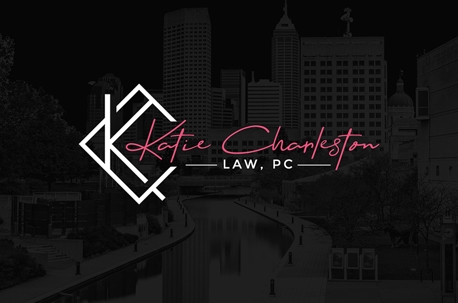Most people understand that setting up a business entity, like a C Corporation, S Corporation or LLC provides some sort of asset protection, but they fail to consider how their entity choice can maximize tax savings.
All three types of entities give the primary benefit of asset protection because they separate personal assets from business assets thereby limiting the reach of business creditors to personal assets and personal creditors to business assets (if the assets are actually kept separate). However, there are some major differences.
A C Corporation and an S Corporation involve more formalities. They require a board of directors and annual minutes. While it is recommended that an LLC also have a board of directors and annual minutes, it is not required and is usually run on the operating agreement alone, which is appealing to many small business owners. Additionally, how the owners share the profits and losses is more flexible. For example, if one member puts in more work one year while the other takes off time for family, they can adjust the percentages. In a C Corp and an S Corp, the percentages are what they are for purposes of profits and losses.
The convenience of fewer meetings, paperwork, and flexibility may not make up for the lack of tax savings in an LLC, however. Both S Corporations and LLCs are pass-through entities, meaning that unlike a C Corporation both these structures do not pay taxes on the business profits. Rather, profits are passed along to the owners to pay on their individual tax returns.
One key difference between an S Corp and an LLC, however, is that the S Corp gives you more flexibility in how earnings are paid to the owners. With an LLC, the entire net earnings are passed along to the owner in the form of self-employment income and are, therefore, subject to self-employment taxes like social security and Medicare. With the S Corporation, you can divide up earnings between a salary and passive income or dividends. Then only the salary is subject to employment tax and the dividends are not thereby saving you the additional employment taxes. The owners must actually pay themselves to take advantage of these savings.
If this is appealing to a business owner who has already set up an LLC or wants the simplicity of an LLC, the good news is that you can register an LLC as an S Corp so that you can take advantage of this tax savings strategy. From a legal perspective, your business is an LLC, not an S Crop, but the IRS treats your business as an S Corp for tax purposes. This is an ideal solution for someone who wants the best of both worlds: limited regulation and tax savings.
There are restrictions on what types of businesses can be an S Corp as well as time restrictions on filing as an S Corp, so it is a good idea to discuss this with your attorney and accountant before moving forward.
Katie Charleston Law is a business and estate planning law firm with a focus on providing clients with holistic planning that accounts for the present and future to limit court exposure and increase wealth to create a legacy. Please contact us to serve your legal needs.
The post Maximizing Tax Savings with Entity Choice appeared first on Katie Charleston Law, PC.

